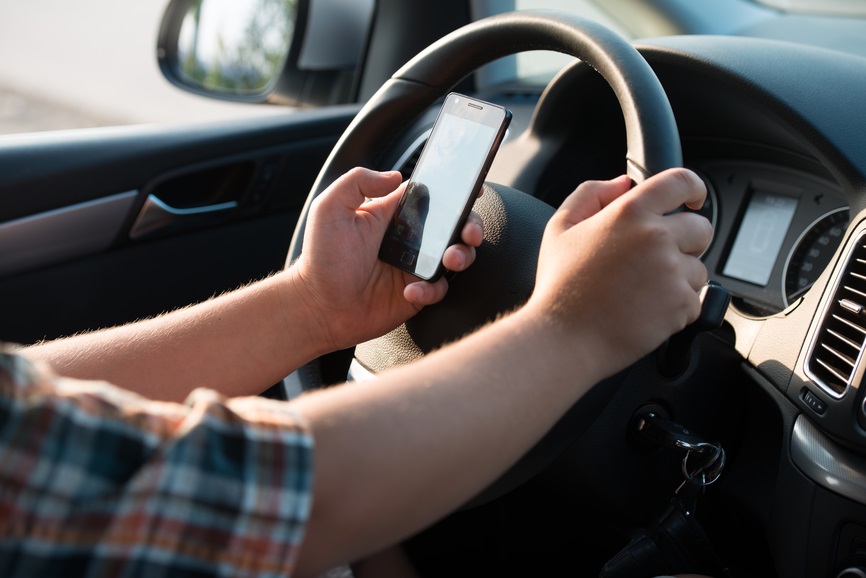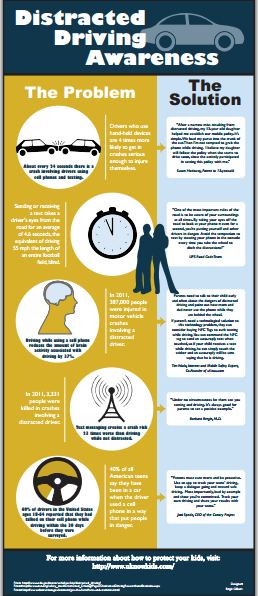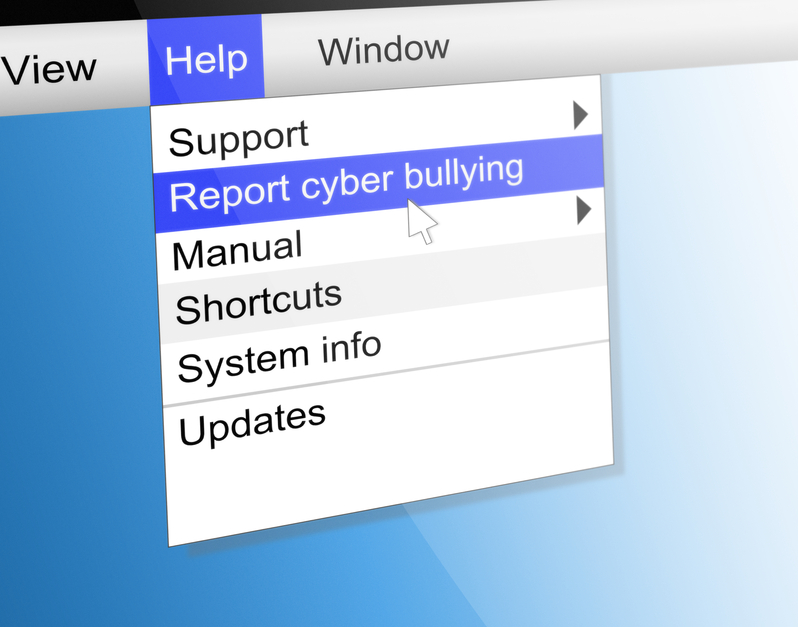Our latest guest blog post on digital parenting comes from the team at UPS Road Code, which is pairing with the Boys & Girls Clubs of America and doing wonderful things to help combat texting and driving among new drivers. In honor of Distracted Driving Awareness Month, read on to learn more about these programs and solutions.
Boys & Girls Clubs of America and UPS Foundation Drive Change
With National UPS Road Code Program
While great strides have been made in recent years to prevent distracted driving deaths among teenagers, the United States still has a long way to go to completely eradicate the problem. In a world constantly connected through texting, social media updates and gaming applications, teens are constantly engaged with their phones, even while driving. According to a study by the Governors Highway Safety Association, deaths of drivers ages 16 and 17 increased by 19 percent in the first six months of 2012 compared with the same period in 2011. The association attributed this increase to texting and talking while driving, as well as the use of mobile applications which can slow driving reaction times by 38 percent.
In an ongoing effort to combat the ever-growing issue of distracted driving, The UPS Foundation, which governs corporate citizenship and UPS’s philanthropic programs, offers UPS Road Code, a national program to teach safe driving techniques to teens. The Foundation teamed up with Boys & Girls Clubs of America (BGCA) and established the program on a small scale in 2009 in local Clubs across 10 cities. Continuing to drive change across the country, the highly successful UPS Road Code program is currently available in 52 Boys & Girls Clubs throughout 36 U.S. cities and reaches 5,200 teenagers nationwide.




.jpg)












